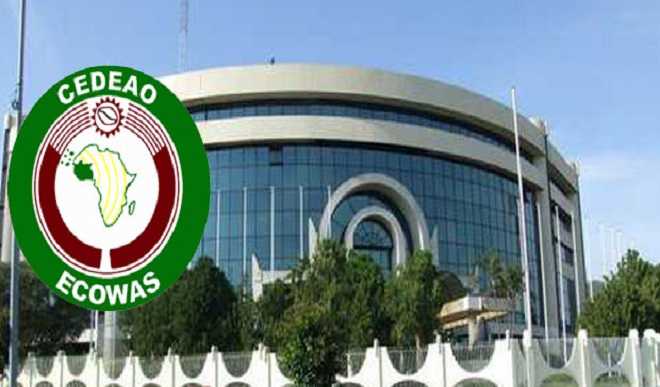The Minister of Industry, Trade and Investment, Otunba Adeniyi Adebayo says arrangements are ongoing for the inauguration of the first National Trade Integration Study (NTIS) for Nigeria.
Adebayo said this on Monday in Abuja at the 3rd Trade Negotiation Skills (TNS) simulation course for 70 participants.
The participants were drawn from 20 trade-related Ministries, Departments and Agencies (MDAs), the private sector, civil societies and the media.
The course is organised by the Nigerian Office for Trade Negotiations (NOTN), in collaboration with Overseas Development Institute (ODI) and the Foreign, Commonwealth and Development Office (FCDO) of the United Kingdom.
He said that the objectives of the NTIS were for better understanding of the macroeconomic environment and the challenges to Nigeria’s integration into the international economy.
The minister said that the study would analyse the country’s performance with respect to trade in goods and services and evaluate the investment climate.
According to him, the study will also identify opportunities for trade in key sectors with export potential and assess institutional capacity.
“Overall, the NTIS will provide an empirical framework for mainstreaming trade into Nigeria’s development policies and strategies, thereby, serving as the platform for a comprehensive trade integration strategy in Nigeria,’’ Adebayo said.
While emphasising the need to deepen the knowledge and skills of trade policy experts in Nigeria, the minister said that it would help them negotiate successfully for the country.
“Enhancing trade negotiation skills of the participants is critical in positioning them to contribute to Nigeria’s effective participation in the ongoing and future trade negotiations.
“It will also provide a firm basis for informed conversations on various trade policy issues,’’ the minister said.
He said that the ministry was making significant progress in various areas to complement the knowledge and skills of trade policy experts in Nigeria.
“To begin with, the relevant stakeholders have now concluded work on the Nigerian Templates for Free Trade Agreements (FTAs) and Mutual Recognition Agreements (MRAs) for standards and professional qualifications.
“The ministry will, very shortly, be presenting these draft templates to the Federal Executive Council (FEC) for consideration and approval,’’ he said.
Adebayo also said that he would soon present the bill for the establishment of institutional and regulatory framework for the conduct of import-injury investigations and the determination and implementation of trade remedies in Nigeria.
He said that the legislation would enable Nigeria to take full advantage of its rights and obligations under the World Trade Organisation (WTO) Agreements.
“It would enable Nigeria to protect its domestic industries from any unforeseen sudden surge in imports of foreign goods and/or unfair practices, such as dumping and subsidies by unscrupulous trading partners,’’ Adebayo said.
He also said that the ministry had kicked off the process for the comprehensive review of the Nigeria Industrial Revolution Plan (NIRP).
Adebayo said that it would enhance productive capacity and ensure that Nigeria fully benefits from any market access opportunities that would be created through the negotiation of trade agreements.
He also said that the NIRP review exercise would enable the ministry to take on board the new realities of the global economy and developments in the selected sectors.
“Particularly with respect to the COVID-19 pandemic, the African Continental Free Trade Area (AfCFTA), climate change and the rising trade and geo-political tensions,’’ he said.
The minister further said that a national conference on Bankruptcy and Debt Collection would begin May 2023.
According to him, the exercise will address the identified lapses in the existing Bankruptcy Act Chapter 30, Laws of the Federation of Nigeria (LFN) 1990.
“The objective is to develop an institutional and regulatory framework to regulate business behavior, and ensure that only viable concerns continue to operate.
“The new framework will also include the establishment of debt collection offices in the 36 states of the Federation and the Federal Capital Territory (FCT).
“This is with a view to contributing to the creation of a modern 21st century credit-economy for the benefit of producers, retailers and consumers in Nigeria,’’ the minister said.
Prof. Dickson Yeboah, a facilitator, said that the training would provide negotiating skills to Nigerian negotiators at the AfCTFA, bilateral, regional and multilateral levels.
“If a country is well equipped with negotiating skills it helps the country to scale part of economic downturns because the negotiators are able to negotiate better deals for the country,’’ Yeboah said.












